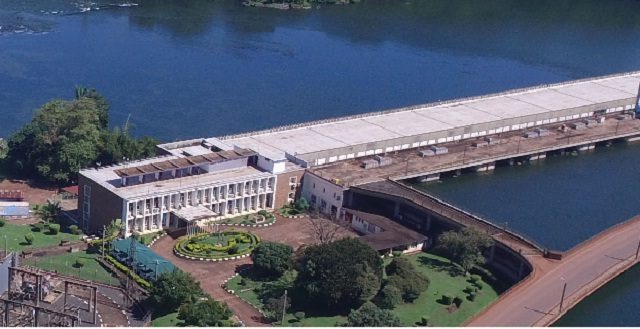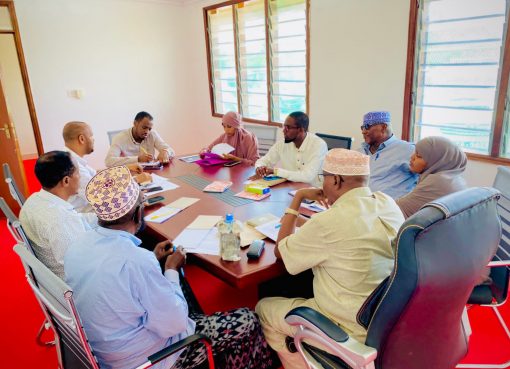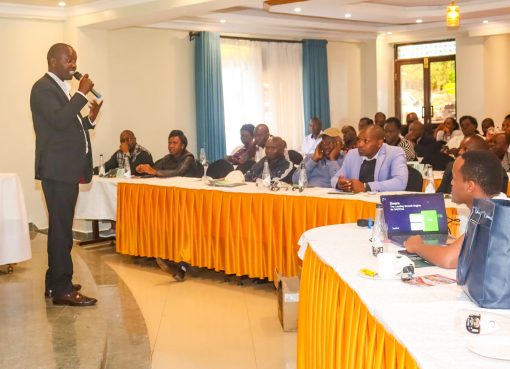The government of Uganda has authorized electricity generators, ESKOM which operates Kiira and Nalubaale power stations in Jinja to increase the release of water from their dams to reduce rising water levels in Lake Victoria.
The company on Friday started releasing 2,400 cubic meters per second which is double the normal release to prevent the lake from expanding beyond the protection zone.
The Lake Victoria Basin Commission (LVBC) Executive Secretary (ES), Dr. Ali-Said Matano said the move by the Ugandan government will help reduce water levels within the lake which has risen to an all-time high (13.42 meters) since 1964.
This has resulted into floods which have displaced thousands of people and destroyed crops and property worth billions of shillings.
Dr. Matano said the evacuation of the water into River Nile was urgent given the ongoing rains in Kenya, Uganda, Tanzania and Rwanda which are set to increase the water levels in the world’s second largest fresh water lake further.
“With more rains expected, the water level is expected to rise further aggravating more challenges of flooding especially on the Kenyan side which has more rivers,” he said.
In an interview with KNA on Monday, Dr. Matano disclosed that Uganda’s Ministry of Water and Environment has already sent out a notification on emergency and disaster preparedness to East Africa Cooperation (EAC) member states to ensure that measures are put in place to avert any disasters.
Over 200,000 people have been displaced by floods occasioned by the swelling lake and run offs with 200 death’s reported in Kenya alone.
LVBC, he said, was scheduled to hold a virtual meeting of transboundary water experts from Kenya, Uganda and Tanzania to assess the situation and develop regional strategies for emergency and disaster preparedness and data sharing for planning purposes.
He urged development partners and the private sector to support ongoing initiatives by respective governments to mitigate against the adverse effects of floods.
By Chris Mahandara





